18 Entrepreneurs Share Their Biggest Business Regrets

Opinions expressed by Entrepreneur contributors are their own.
Whether it’s not taking advice sooner or taking advice you shouldn’t have, waiting too long to take a risk or making a bad call, even the best business people have a regret or two.
What separates the great business folk from the good is the ability to dust themselves off with an optimistic attitude, learn from their mistakes and share the experience with others while moving forward.
These entrepreneurs have done just that as they share their biggest regrets and the advice they have based on the experience.
1. Utilize your time.
Name: Margie Warrell
Company: Raw Courage TV
Regret: I spent far too much time on activities (like perfecting powering designs) that didn’t leverage my greatest strengths — emboldening people — and consumed significant chunks of time that could have been put to far better use (like writing more books, running more public programs or just hanging with family.)
If I had my time over I would have spent more time working on my business rather than in it, outsourced more and acted more like a leader than an admin clerk.
Last year when I interviewed Richard Branson, he shared similar advice: “Know your weaknesses and find people to do what you will never do well so you can fully leverage what you do best.”
And one more regret: Doubt myself less and back myself more! Which I guess explains the first regret: I simply underestimated my ability to change the world. None of us should.
2. Learn from failure.
Name: Jack Delosa
Company: The Entourage
Regret: If I go back to when I started my first business, I was 18 and didn’t know much at all about running a business. I made every mistake in the book, from not having a solid understanding of my consumer to having no clear vision for the business and life I wanted to build. That business ultimately failed, which I could look at through the lens of regret, however I consciously choose not to.
Instead, I see that period of my life as my apprenticeship in business, the lessons I learned from those failures shaped who I am today. As an entrepreneur you need to give yourself this grace to fail, especially in the early days. In order to achieve anything great, you have to possess the ability to persevere through the challenges that will inevitably come your way and learn from each milestone along your journey.
3. Don’t rely on talent alone.
Name: Ben Harvey
Company: Authentic Education
Regret: The number-one regret I have in business is believing in “natural talent.”
There is a thought-virus that sneaks into people’s minds all over the world and it sounds like this: “Of course they can do it because they are naturally talented at XYZ.” It also sounds like this: “I am naturally talented therefore I can not truly improve my skills because I was born with them”.
I regret that this thought-virus prevented me from realizing early on that anything can be learned.Anyone who had achieved the levels of success I desired simply learned something new and then applied what they knew. It also prevented me from truly valuing the skills I had spent a lifetime developing because I had convinced myself I was born with them and they were natural to me.
4. Assess the risk.
Name: Simone Milasas
Company: Joy of Business
Regret: My big regret would be taking investment for a business that I had to shut down. It was a “risk” investment and yet what I realized was that people were not investing in the company, they had decided they were investing in me.
It was a lot of pressure, and when the company was not doing so well, I closed it down and made the commitment to return 50 percent of their investments. A choice that I made to honor their choice. I learned a lot of how people function and what they are willing to be aware of and what they refuse to be aware of.
5. Take accountability.
Name: Debbie Pask
Company: Zenful Business
Regret: We entrepreneurs are risk takers, independent and passionate people who take on the world and seek full accountability for our actions and future. This wonderful drive often means we forget to stop, be still and ask for help and support from those around us. This simple act of asking for help or advice, and accepting it, has been my biggest regret in business to date.
There have been numerous times in my early business life where I could have saved thousands of hours and dollars by simply asking my personal network for a few helping hands in time of need. Asking for help sounds so simple, yet it is a critical step for any entrepreneur. It tells the universe and everyone around you that you deserve — better yet, command — the energy required to realize your dreams. That you will engineer your own talents and drive, as well as the entire weight of your network, to bring your big vision alive.
6. Never say no to growth.
Name: Katarina Nilsson
Company: Eqvarium
Regret: I regret saying no to business opportunities where clients desired to buy more from my company than I initially offered. I turned them down instead of adding to my services and moving forward together with my business. Why did I do that? Control. Fear. Fixed points of view on what my business should be about.
I was basically standing in my own way — not the smartest of choices. It slowed down the growth of my business.
So how do you get out of your own way in business? When you stumble on a possibility, pick up the ball and run with it! Ask yourself what else is possible that you have not yet considered. Make quick decisions based on your gut and act on them. Trying and failing beats playing it safe.
7. Don’t be too hard on yourself.
Name: Dr. Dain Heer
Company: Access Consciousness
Regret: I used to wake up every day judging myself for what I didn’t do yesterday, and at a certain point I realized that if I’m going to truly create what I’m capable of, I’ve got to start living “No More Regrets.” You see, judgment is one of the biggest killers of our creative capacities. Judgment stops everything. So instead of judging me for what I did or didn’t do, I started living these four key tips:
Have way too much fun, more than you’re supposed to.
Have no regrets and do whatever it takes to enjoy being alive.
Lower your barriers.
Drop the resistance.
8. Don’t wait.
Name: Tom Harari
Company: Cleanly
Regret: My biggest regret is not launching sooner. Sometimes, the best thing you can do for your company is that simple: Launch quickly to test your hypothesis and see if your idea has legs. As I’ve learned from experience, if you’re not embarrassed by your first version, you’ve launched too late. We now have this as part of our ethos at Cleanly, where every idea is tested with efficiency and thoughtful attention to our assets, with an emphasis on shipping and monitoring results before committing more resources.
9. Know your limitations.
Name: Zac Maurais
Company: Favor
Regret: We wanted to get our app to market fast, but our team was limited. Being product-minded founders, we went heads down developing our app and systems before hiring a team. In retrospect, growth could have been even faster if we hired instead of doing so much ourselves.
Scaling a company starts with finding amazing talent and delegating projects. Having the right operational processes and playbooks in place to handle growth is key to scaling your startup. Today, three years after launching, we have more than 100 employees and a full executive team.
10. Delegate.
Name: Asher Hunt
Company: Overnight
Regret: Don’t try to do everything. Over the years I’ve developed a range of skills from design, engineering, marketing, leadership, fundraising and more. I thought I could do it all. I can’t, and I shouldn’t. I’ve taken on too much at times and I’ve had the quality of my output suffer because of it.
Being an effective leader isn’t doing everything — it’s being able to set examples for a high bar of quality and work-ethic while enabling others to prove their mastery. Surround yourself with great people and give them space to excel. You will be a more effective leader.
11. Trust yourself.
Name: Asher Weinberger
Company: Twillory
Regret: As an entrepreneur I am constantly seeking advice from those who have had deeper experiences. While I think that’s a good thing, at the same time I have also learned on my own and perhaps in a tougher way that a business is a living organism — no two are the same and what works for one may not work for another. My role as CEO assumes that I have my finger more closely on the pulse of my business than anyone else. My regret is not realizing that during certain critical junctures.
12. Timing is everything.
Name: David Rusenko
Company: Weebly
Regret: One of my regrets is giving the green light to launch our official ecommerce platform in 2013 right on the cusp of the holiday shopping season. This is a crucial time of year for small businesses and micro-entrepreneurs looking to capitalize on increased site traffic and sales, and we learned — the hard way — that they don’t want to master new technology or have new software applied to their sites during this make-or-break season.
We learned a valuable lesson as a company to look past the excitement of a new product internally and fully put ourselves in our customers’ shoes to understand the full impact a change we make will have on their businesses. We learned how to provide better education on new product releases, best practices and benefits and to always listen to the feedback. The good and the bad.
13. Trust your team.
Name: Konrad Billetz
Company: Frameri
Regret: Early on, my biggest regret was trying to be a part of everything. I only ended up being more in the way than being useful. So now I’m more aware of this and instead I like to take a step back at times and let my team run the show. It’s been a much better approach, even if it was scary to give over so much control.
14. Let go.
Name: Darren Endo
Company: Oak Labs
Regret: Back in 1996 after seven years of entrepreneurial endeavors, I received an offer from Macromedia to lead a then cryptically described “project,” which turned out to be Flash. Being a quintessential, anti-establishment gen-X-er at the time, I declined when they wouldn’t budge on letting me work from home.
I used to look back and wonder what could have been, but now I try to eliminate regret. After all, time gives us the best perspective and most things will make sense later on, if they even still matter to us at all.
15. Take your time.
Name: Emily Motayed
Company: Havenly
Regret: One of our biggest mistakes was hiring too fast, without taking the time to make sure the person was not only a culture fit, but was also the right person for the job. When we were a team of about four people, we wanted to move fast and grow our team in a strategic way, but also didn’t have that much money to spend.
We cut corners and hired more affordable labor that wasn’t a great fit for us (both work ethic wise and culture wise), and it set our company back at least three to four months in terms of product development. Since then, we’ve been mindful of building processes and making sure that every new hire is ideal for the position, even if it means taking longer to find that person.
An additional regret was moving too slow when we were a smaller company. We were so worried about breaking things, or having potential unhappy customers, that we scaled a bit too slowly. You can’t grow at the rate that you’re needed to in the world of startups unless you move extraordinarily fast and break things, which helps you identify where your natural weak spots are and what areas of your company you need to bolster.
16. Always trust your instinct.
Name: Magnus Larsson
Company: Rebtel
Regret: In the past, I’ve hired the “best team on paper,” and regretted it later when the teams failed. If your instinct tells you that you should have a diverse team to best solve the task, hire that team and don’t get carried away of great resumes or great references. And even more important, when you identify the failure, make changes sooner rather than later!
17. Follow your passion.
Name: Constantin Bisanz
Company: Aloha
Regret: I’ve had my own businesses since I was 14, but it wasn’t until Aloha that I discovered the true importance of aligning my professional work and my personal passions. I had been focused on the end goal in my past companies and building with an exit in mind, and I regret that I didn’t make the realization sooner.
I feel so much more fulfillment doing what I’m doing now, and knowing that I’m helping people achieve the kind of health that I’m passionate about, and I think it’s a good lesson for anyone else looking to start businesses. Just do what you love.
18. Focus on the future.
Name: David Mandell
Company: PivotDesk
Regret: There are many things I’ve learned along my entrepreneurial path that weren’t perfect, or possibly considered mistakes, but I’ve benefitted from all of them in the long run. I doubt I would make any decisions differently in hindsight and truly don’t regret any of it. Instead of focusing on regret, I’ve tried to use former challenges to inform my future actions and help others do the same.
Whether it’s not taking advice sooner or taking advice you shouldn’t have, waiting too long to take a risk or making a bad call, even the best business people have a regret or two.
What separates the great business folk from the good is the ability to dust themselves off with an optimistic attitude, learn from their mistakes and share the experience with others while moving forward.
These entrepreneurs have done just that as they share their biggest regrets and the advice they have based on the experience.
 Women in Global Business
Women in Global Business The Entourage
The Entourage Authentic Education
Authentic Education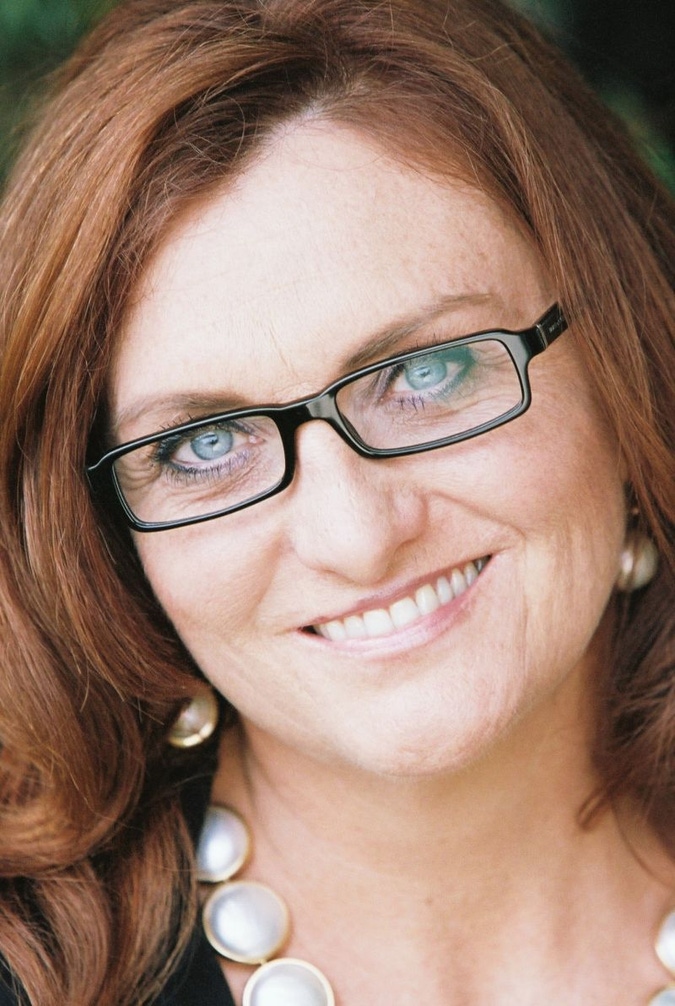 Joy of Business
Joy of Business Zenful Business
Zenful Business Eqvarium
Eqvarium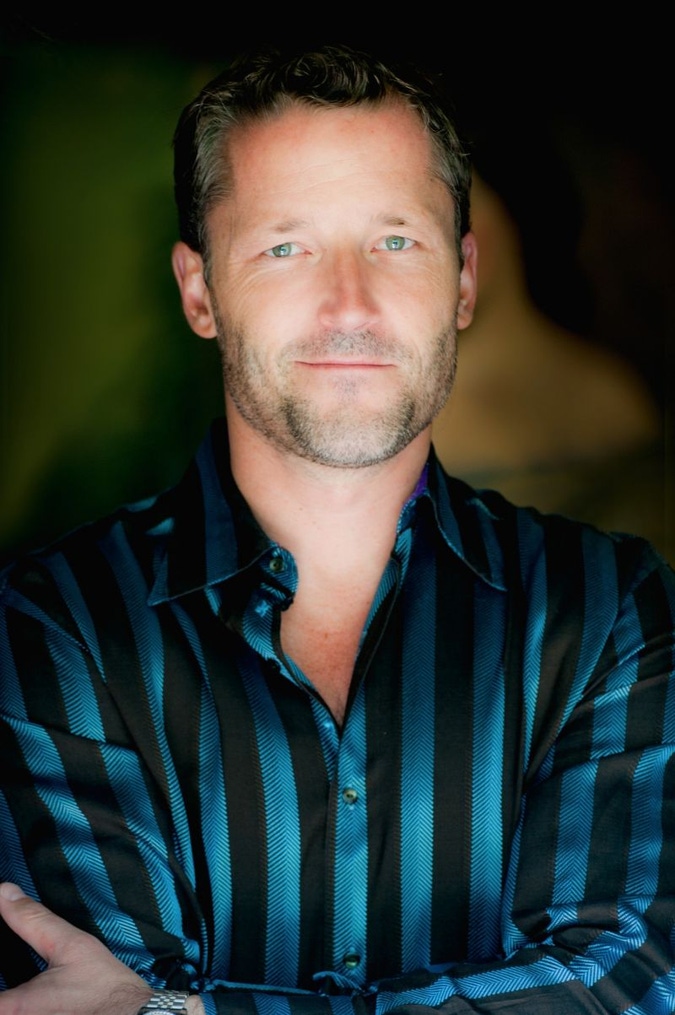 Access Consciousness
Access Consciousness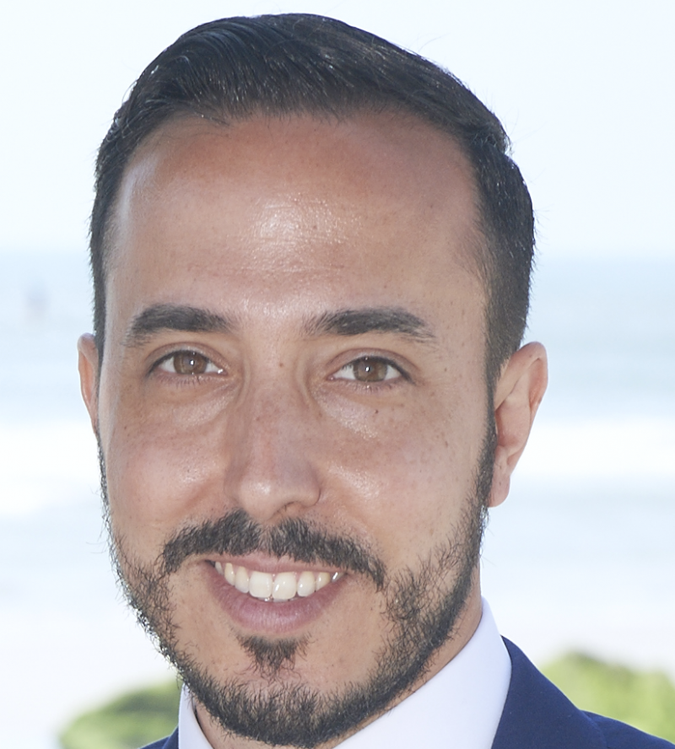 Cleanly
Cleanly Favor
Favor Overnight
Overnight Twillory
Twillory Weebly
Weebly Frameri
Frameri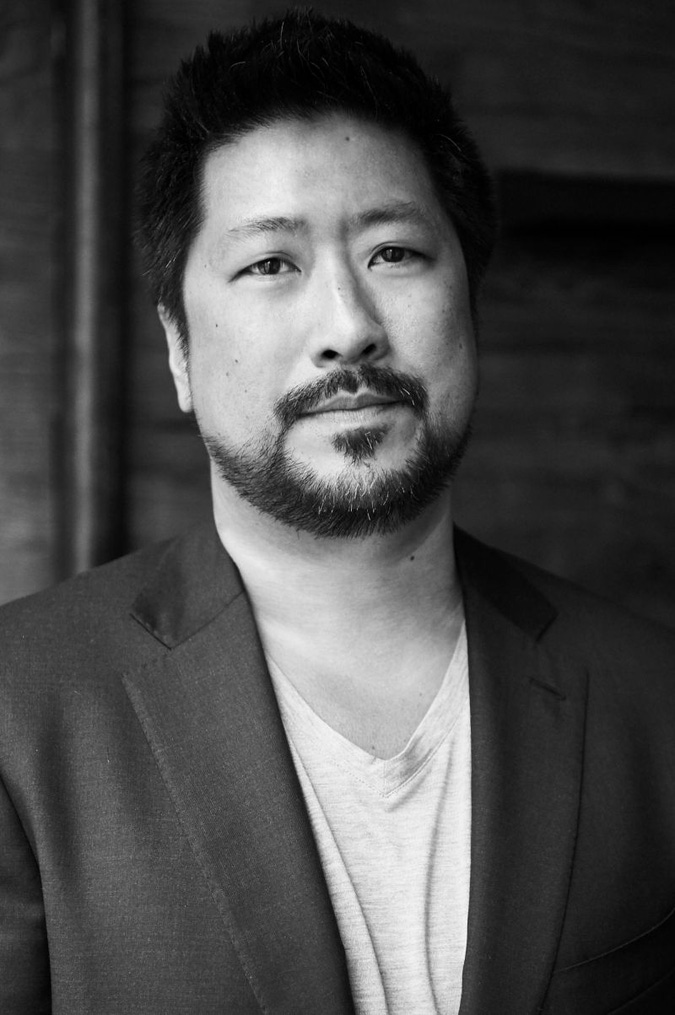 Oak Labs
Oak Labs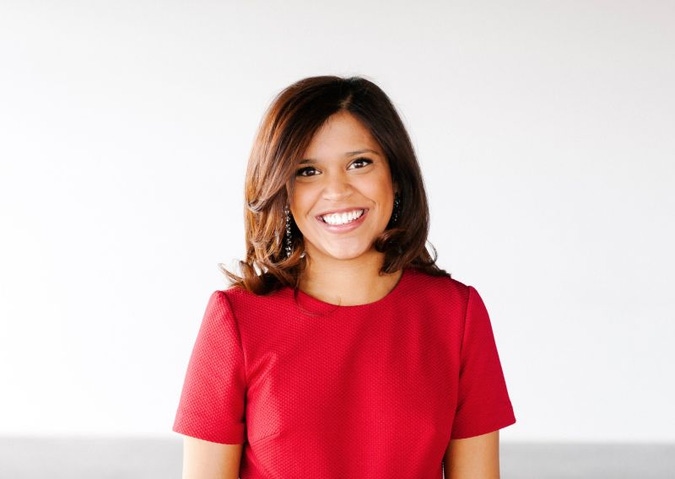 Havenly
Havenly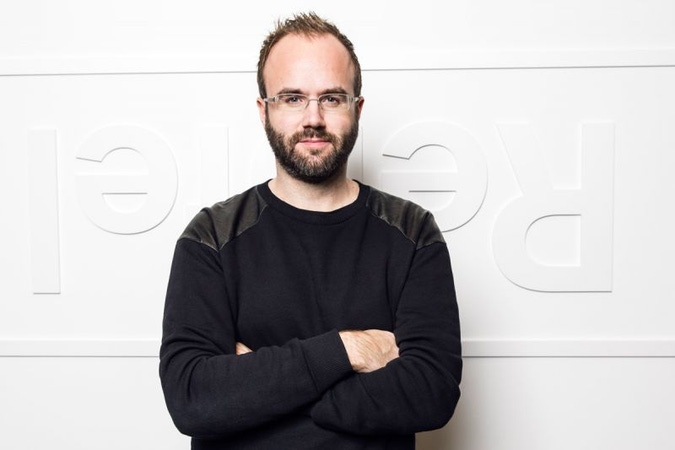 Rebtel
Rebtel Aloha
Aloha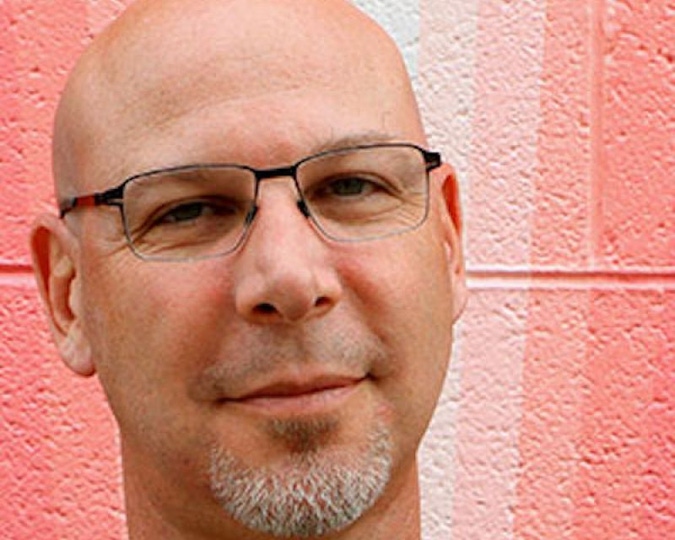 PivotDesk
PivotDesk




